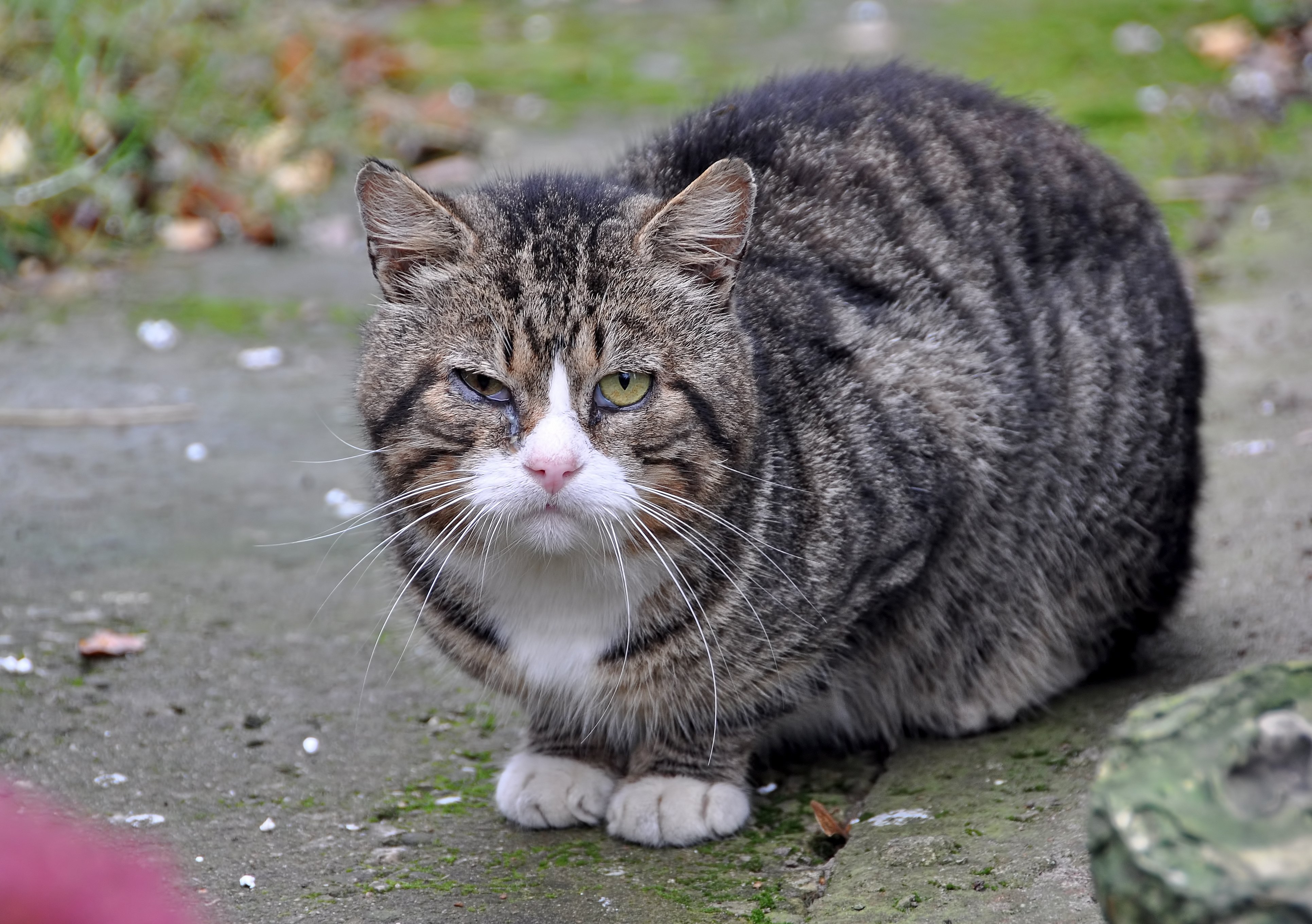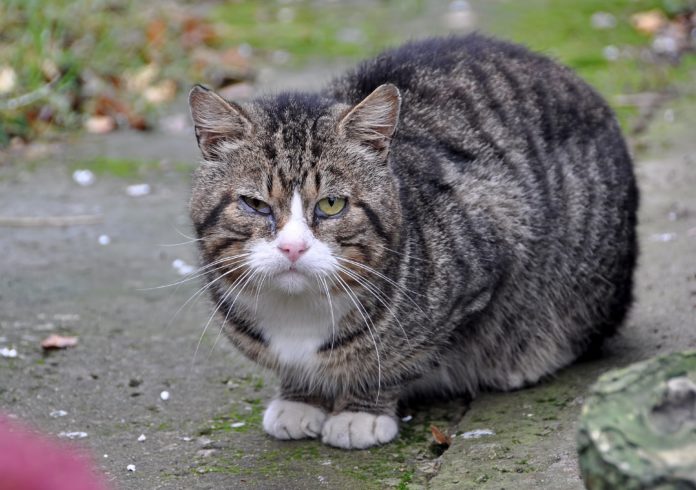zanna_|AdobeStock

Q. Every once in a while, my cat’s eyes water for no reason. They clear up on their own, so I haven’t been to the veterinarian about it, but I’m wondering. Should I get her checked?
A. Eye discharge is common in cats. It may have a simple cause or indicate a serious disease, so you would be wise to get your cat checked.
You didn’t state how old your cat is, but young cats are especially susceptible to a variety of upper-respiratory infections by both viruses and bacteria. An eye discharge is a common symptom of both infections.
Both viral and bacterial infections can cause discharge from the eyes and/or nose. In many cases, cats who are affected with these organisms may experience chronic, intermittent discharge from the eyes, even if they do not have signs of the actual disease.
There are vaccinations to help protect your cat from some of these infections, like feline calicivirus and feline herpesvirus. Although no vaccine is 100 percent effective, vaccines decrease the chance a cat will become infected. If he does, vaccines may decrease the severity of the disease and the likelihood that he will infect other cats. So, vaccination status is the first thing to discuss with your veterinarian.
The appearance of the discharge and whether it is coming from one or both eyes can also provide clues to its cause in some cases. Usually, clear, thin discharge is less concerning than yellowish, thick discharge, as the latter may suggest either a primary bacterial infection or a bacterial infection secondary to another process, such as a viral infection. Bacterial infections may respond to antibiotics, while viral infections do not.
Discharge from both eyes may suggest a diffuse, systemic problem, such as a viral infection. Discharge from one eye may be seen in association with processes that are more localized, such as a blocked nasolacrimal duct, which normally drains tears from the eye to the tip of the nose, or a foreign body such as plant material lodged in the eye.
Allergies to inhaled substances can cause ocular discharge in cats, but in these cases the discharge would be expected from both eyes.
Your veterinarian will look at other structures in the eye to get an idea of the general health of the eye. Any cloudiness of the cornea, internal chambers of the eye or the lens, or redness/swelling of the conjunctiva (pink tissue) should prompt immediate attention and consultation with a veterinarian.
Other signs that a veterinarian should see your cat include those that suggest discomfort of the eye, such as keeping the eye either completely or partially closed, avoiding light, and/or pawing the region around the eye. These signs may indicate corneal ulceration and/or glaucoma. Both require immediate veterinary attention.
Please let us know how this turns out.
All my best,
Elizabeth




